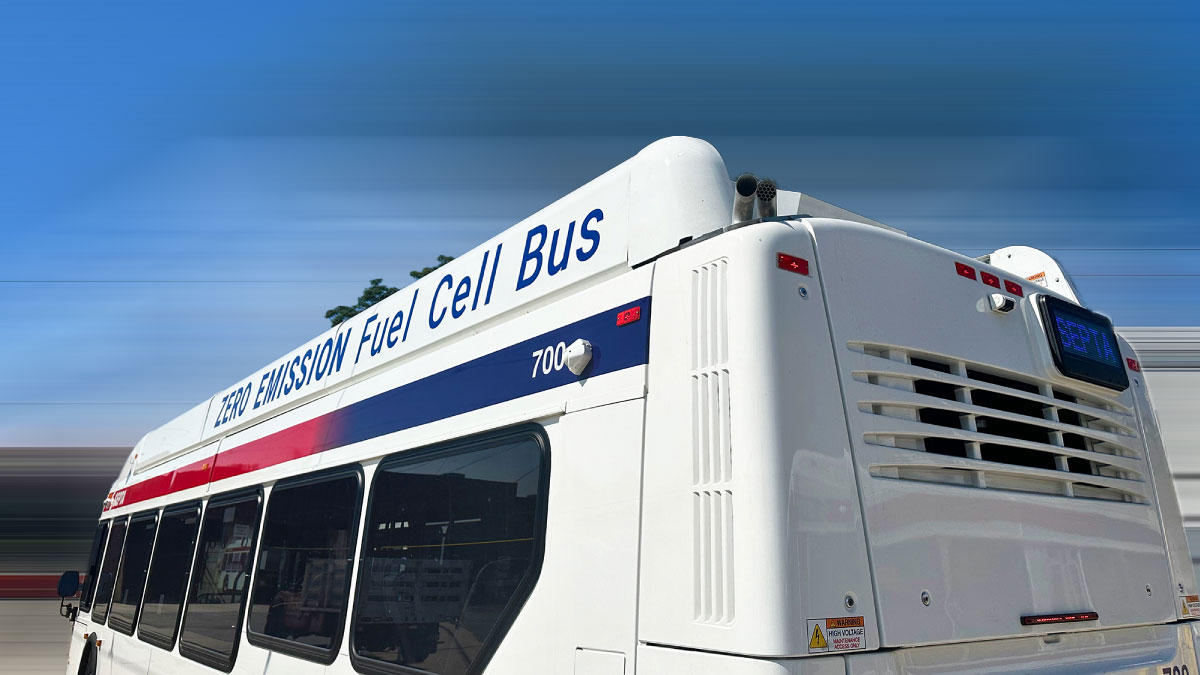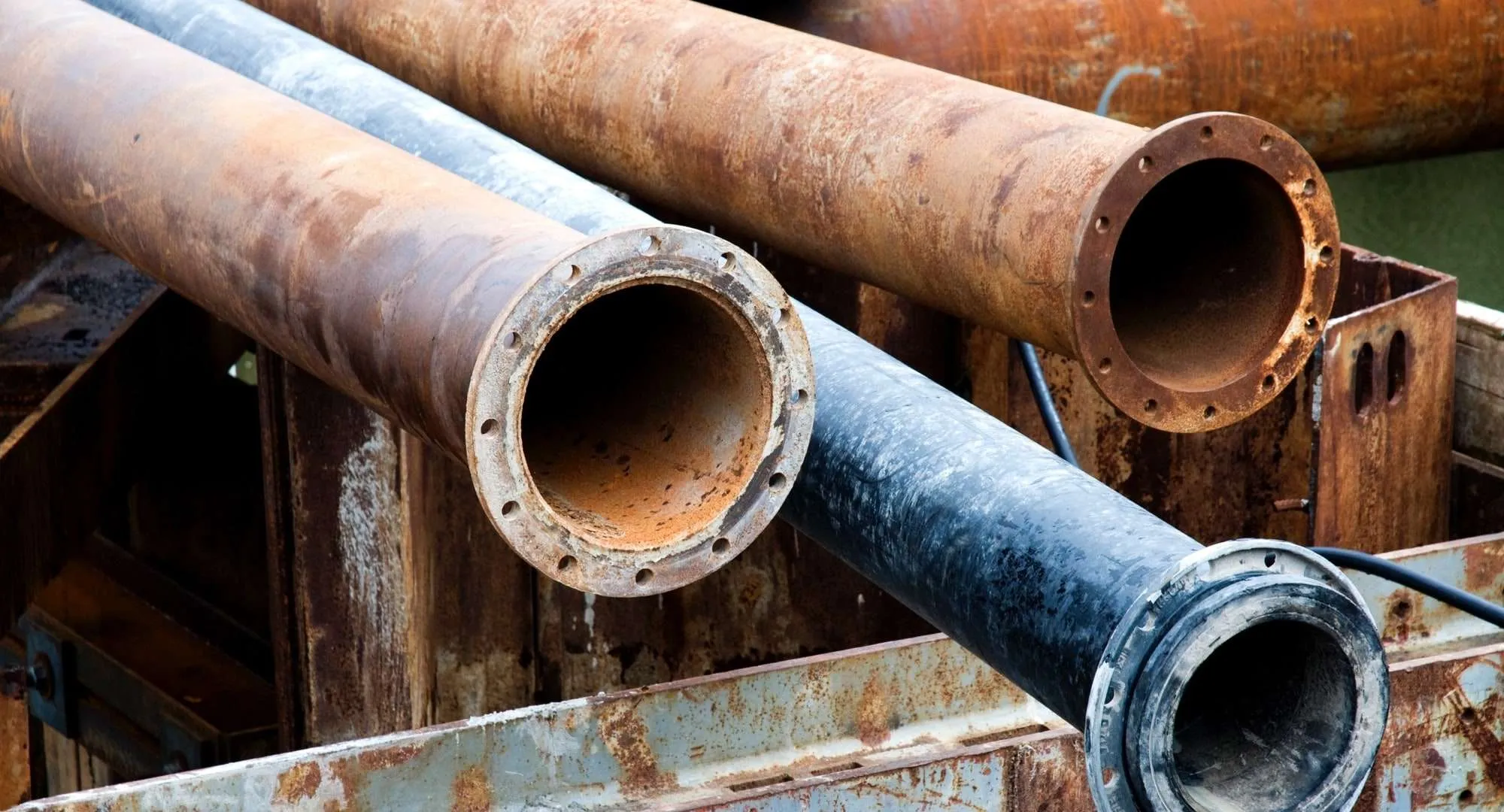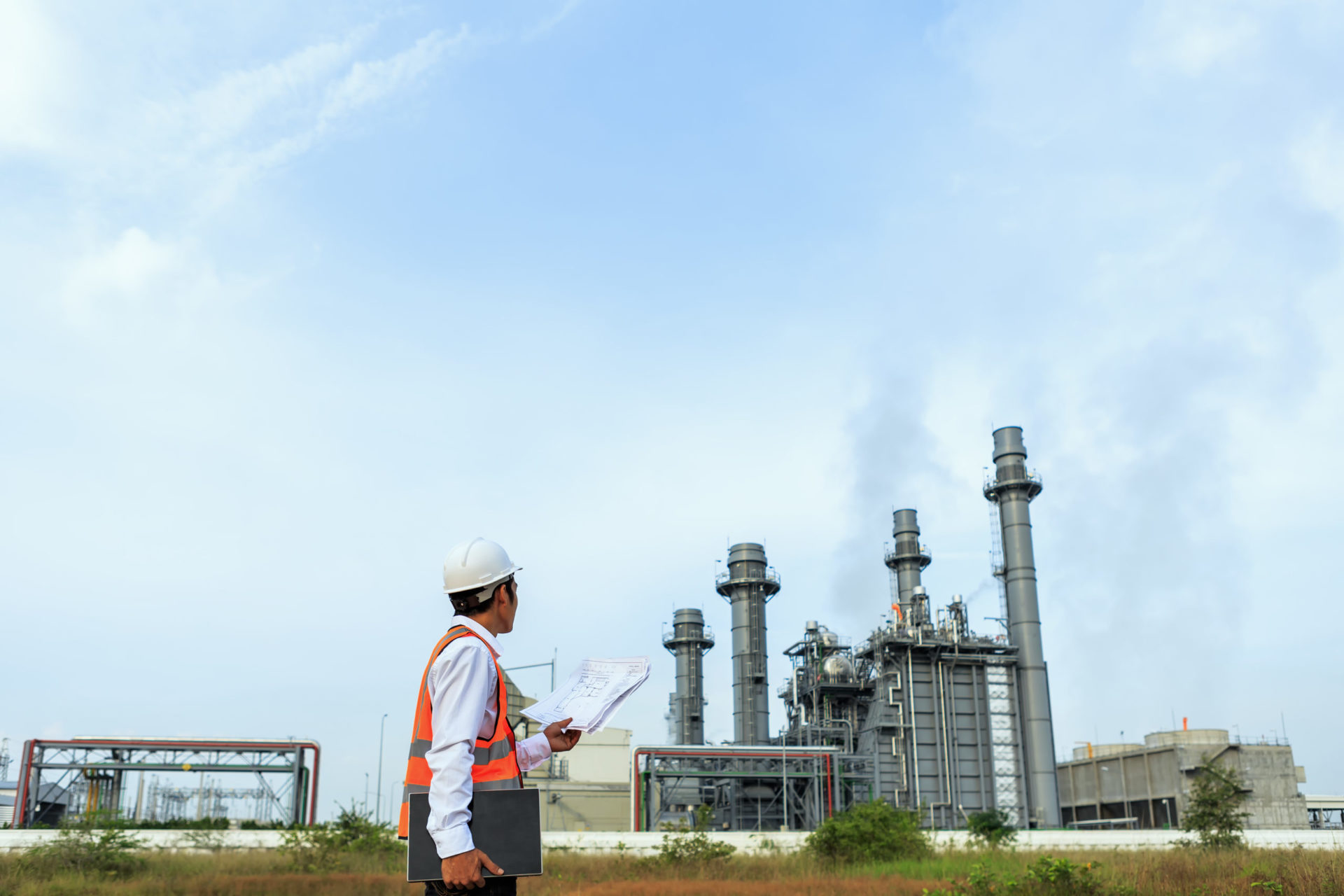Three Key Facts:
-
- A $23.3 million grant from the Biden infrastructure Law will fund SEPTA’s shift to zero-emission buses.
- The bus system is critical for many Philadelphians. SEPTA buses transport over 470,000 passengers daily, providing a vital service across the city.
- This funding comes from Joe Biden’s clean energy plan, which is transforming public transportation across the U.S.
-
The Southeastern Pennsylvania Transit Authority (SEPTA) received a $23.3 million federal grant to begin its transition to zero-emission buses.
“We are committed to transitioning to a fully zero-emission bus fleet,” said SEPTA General Manager Leslie Richards. “This grant will allow SEPTA to make the infrastructure upgrades needed to operate the new fleet and improve air quality in the communities we serve.”
SEPTA is phasing out the last of its diesel buses and its older hybrid buses for cleaner, quieter models, aiming to go fully zero-emission by 2040. The electric upgrade is an essential step in its transition plans. The money will be used to pay for electric upgrades and the installation of backup generators to charge electric buses during power outages.
“We anticipate starting large-scale procurement of zero emission vehicles in 2026, and SEPTA will invest between $105 and $140 million every year between 2026 and 2034 to transition to a zero emission fleet as we have developed our zero emission vehicle master plan,” Richards said.
The grant is funded by Joe Biden’s clean energy plan, which is transforming public transportation across the U.S. The new buses will help clean up the air we all breathe and make the streets quieter.
The investment will also help existing technicians upgrade their skills to convert from diesel maintenance to handling the new high-tech vehicles.
“This funding will not only help SEPTA improve its busing system, but it will also fulfill two major goals of the infrastructure law—creating jobs while tackling the climate crisis,” said U.S. Sen. Bob Casey.
Cleaner Streets, Happier Riders
Philly runs on public transit. SEPTA is the nation’s sixth-largest public transportation system — with train, subway, trolley and bus lines serving a 2,200-square-mile region. More than 800,000 residents rely on SEPTA to commute, get to school, or run daily errands. The system supports nearly half a million bus rides each day.





